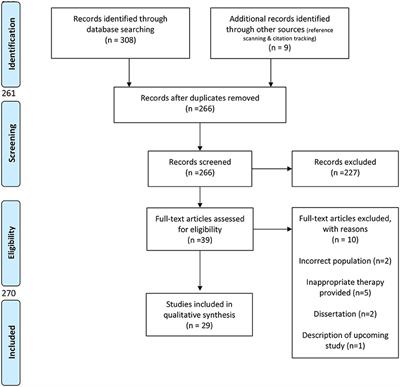EDITORIAL
Published on 20 Jul 2022
Editorial: Person-Centred Rehabilitation – Theory, Practice, and Research
doi 10.3389/fresc.2022.980314
- 1,814 views
- 6 citations
7,235
Total downloads
41k
Total views and downloads
EDITORIAL
Published on 20 Jul 2022
ORIGINAL RESEARCH
Published on 14 Mar 2022

SYSTEMATIC REVIEW
Published on 04 Feb 2022

HYPOTHESIS AND THEORY
Published on 05 Jan 2022

ORIGINAL RESEARCH
Published on 17 Dec 2021

ORIGINAL RESEARCH
Published on 01 Sep 2021
